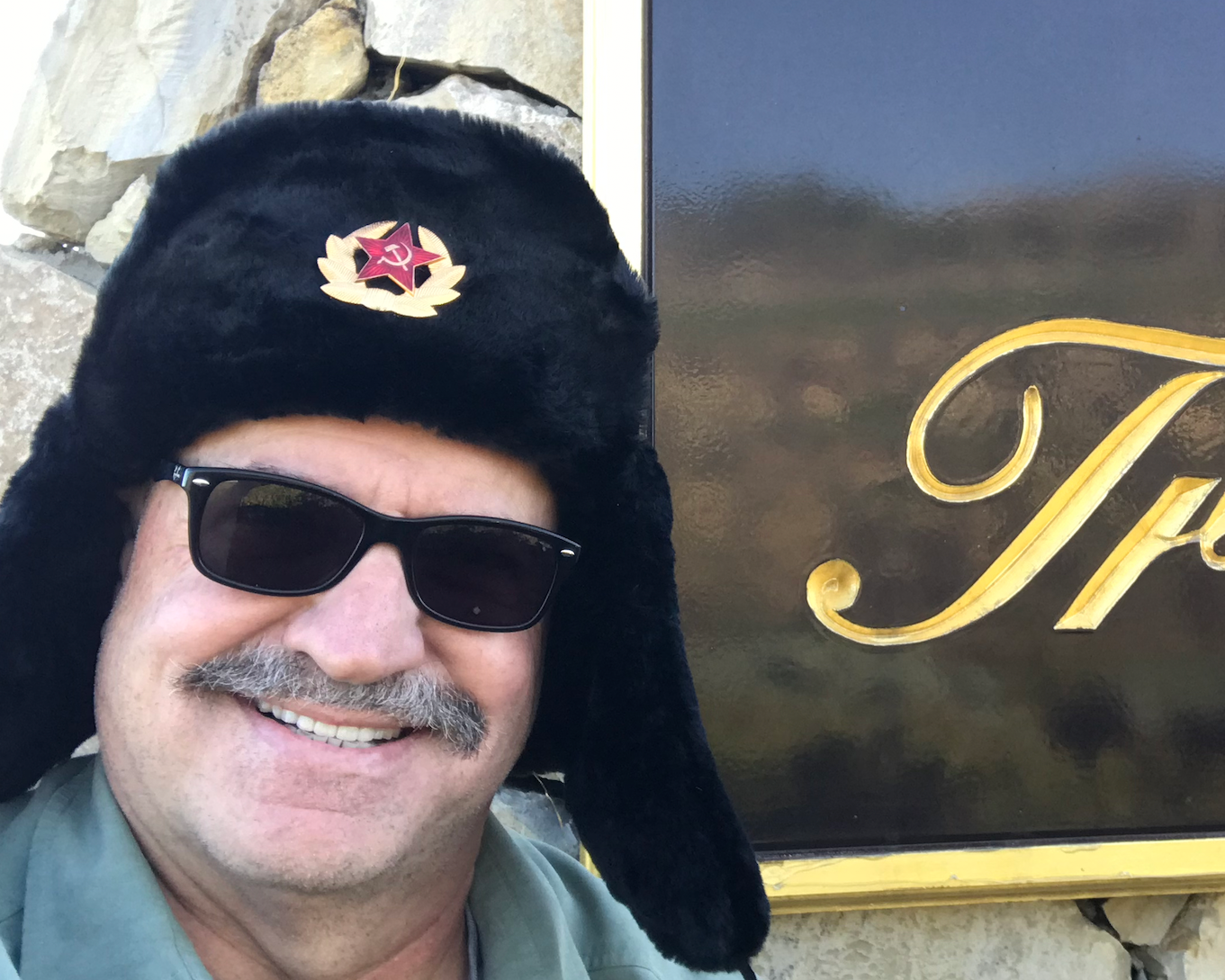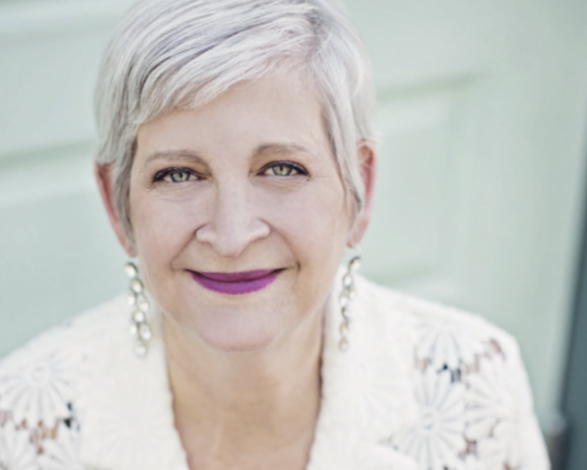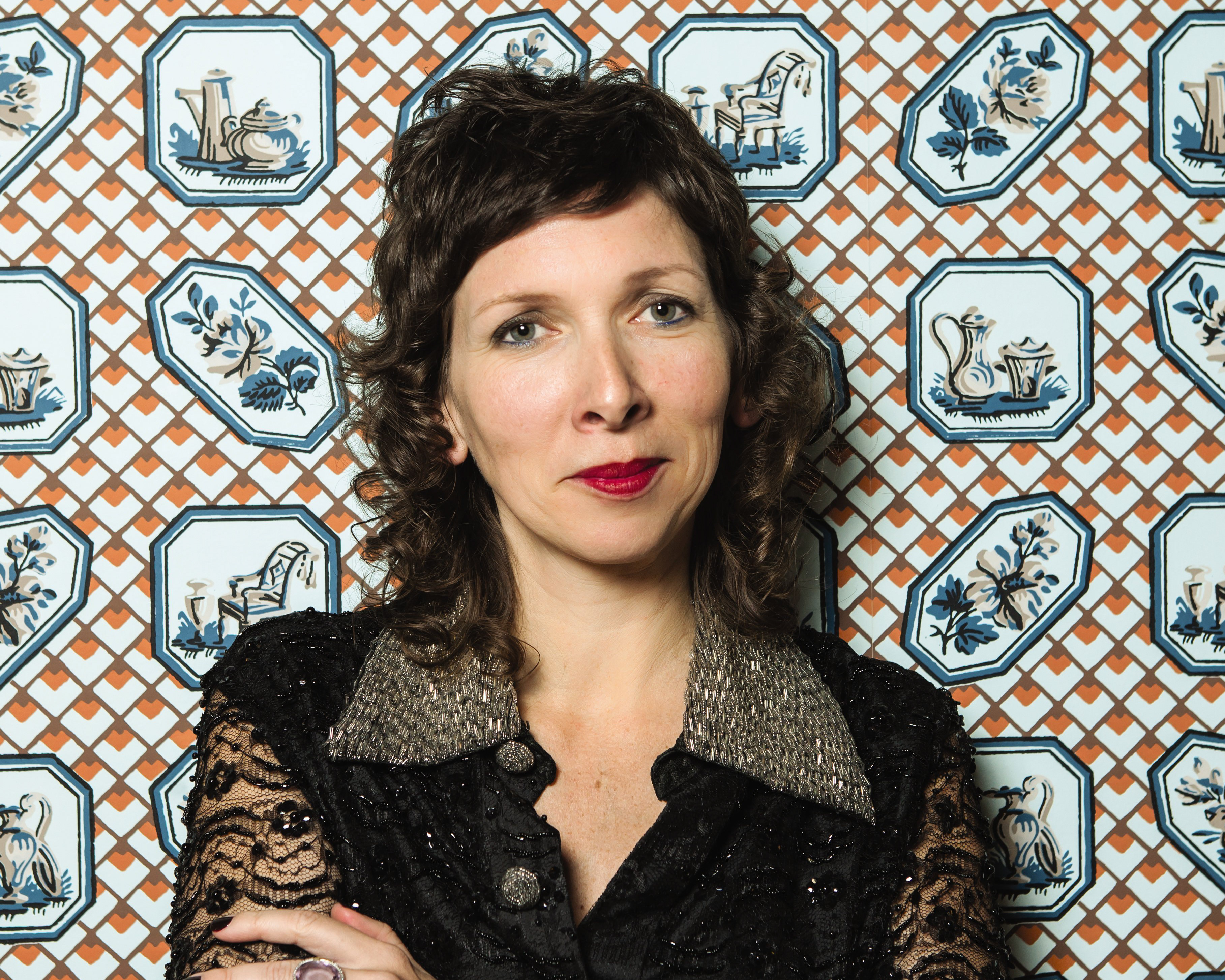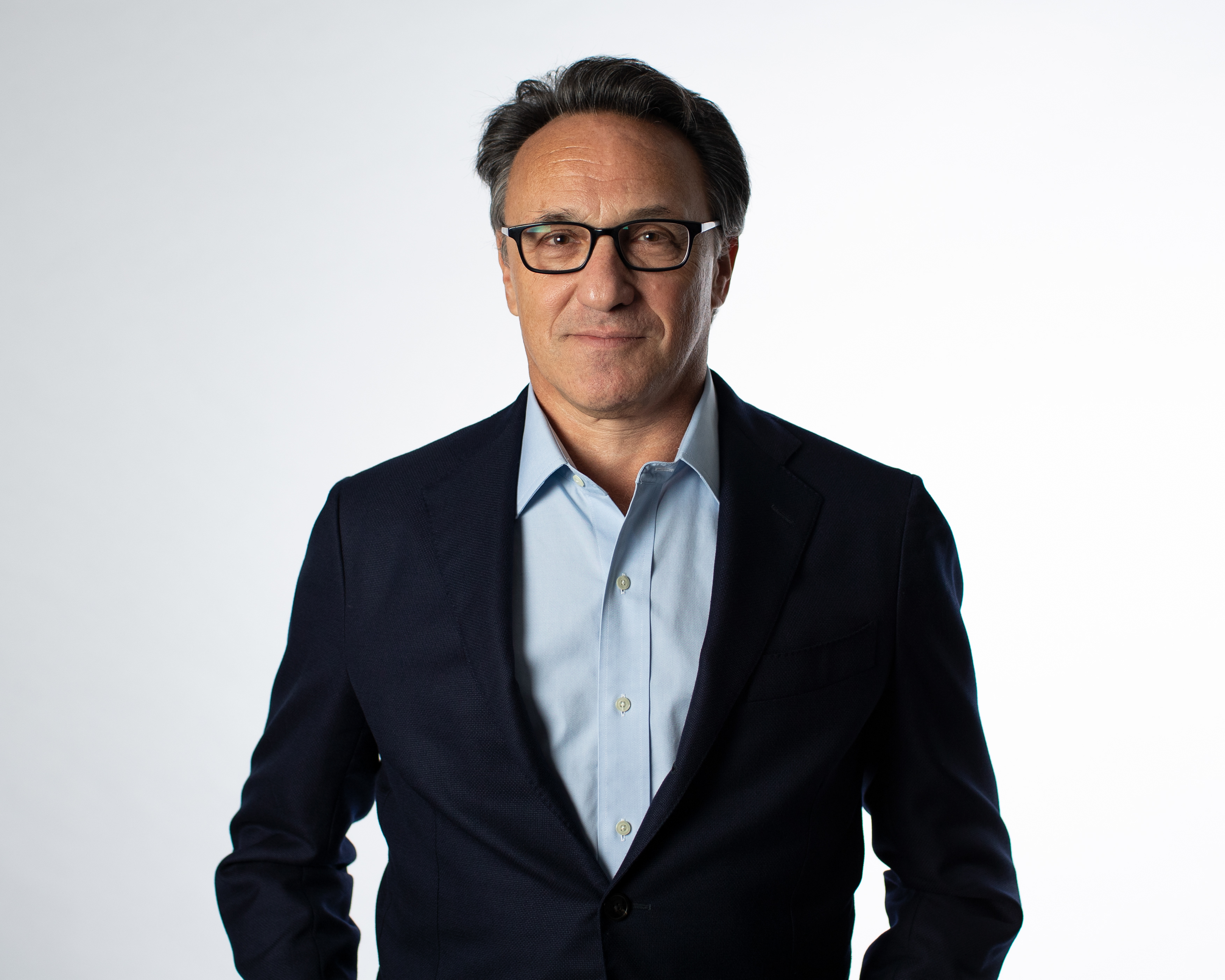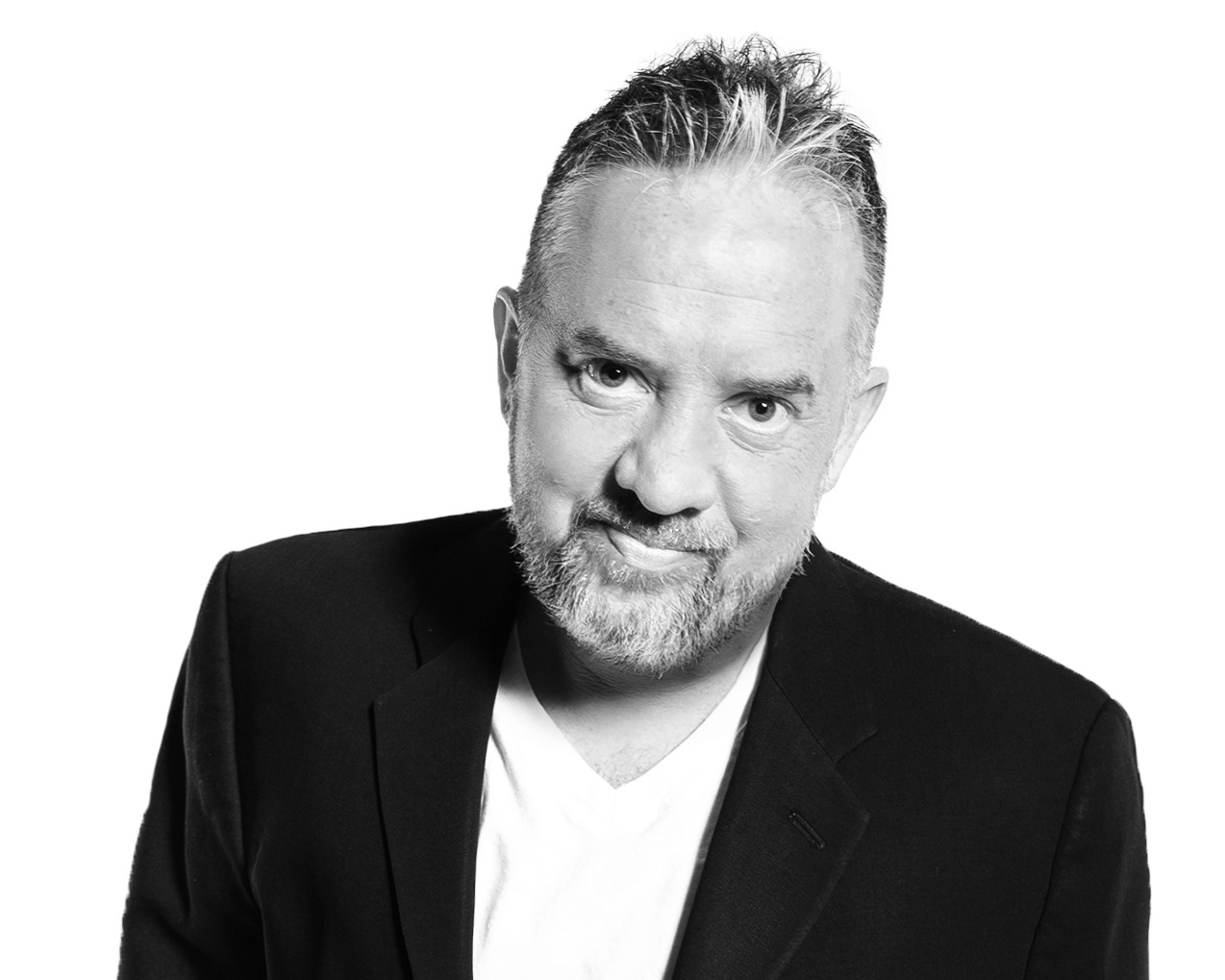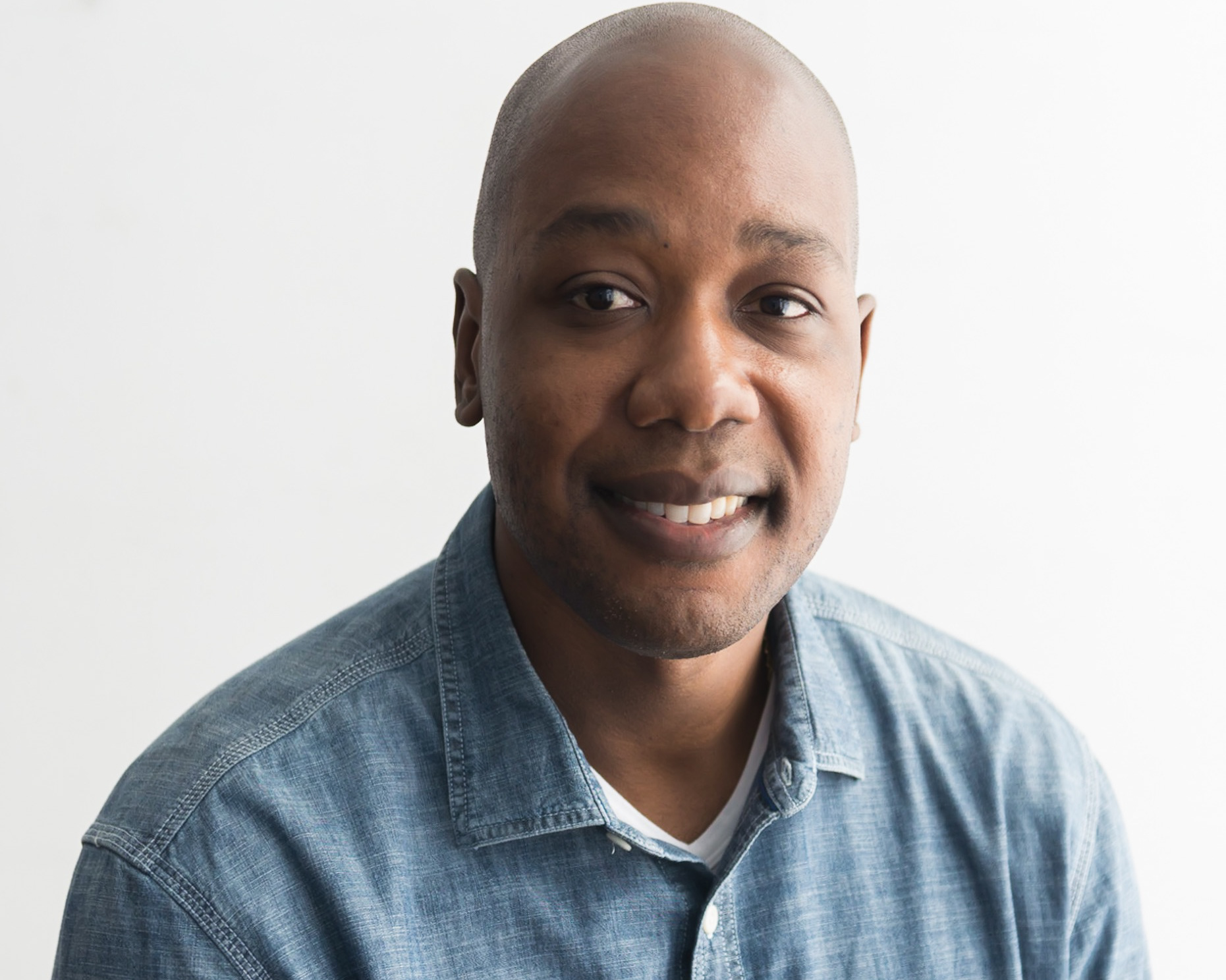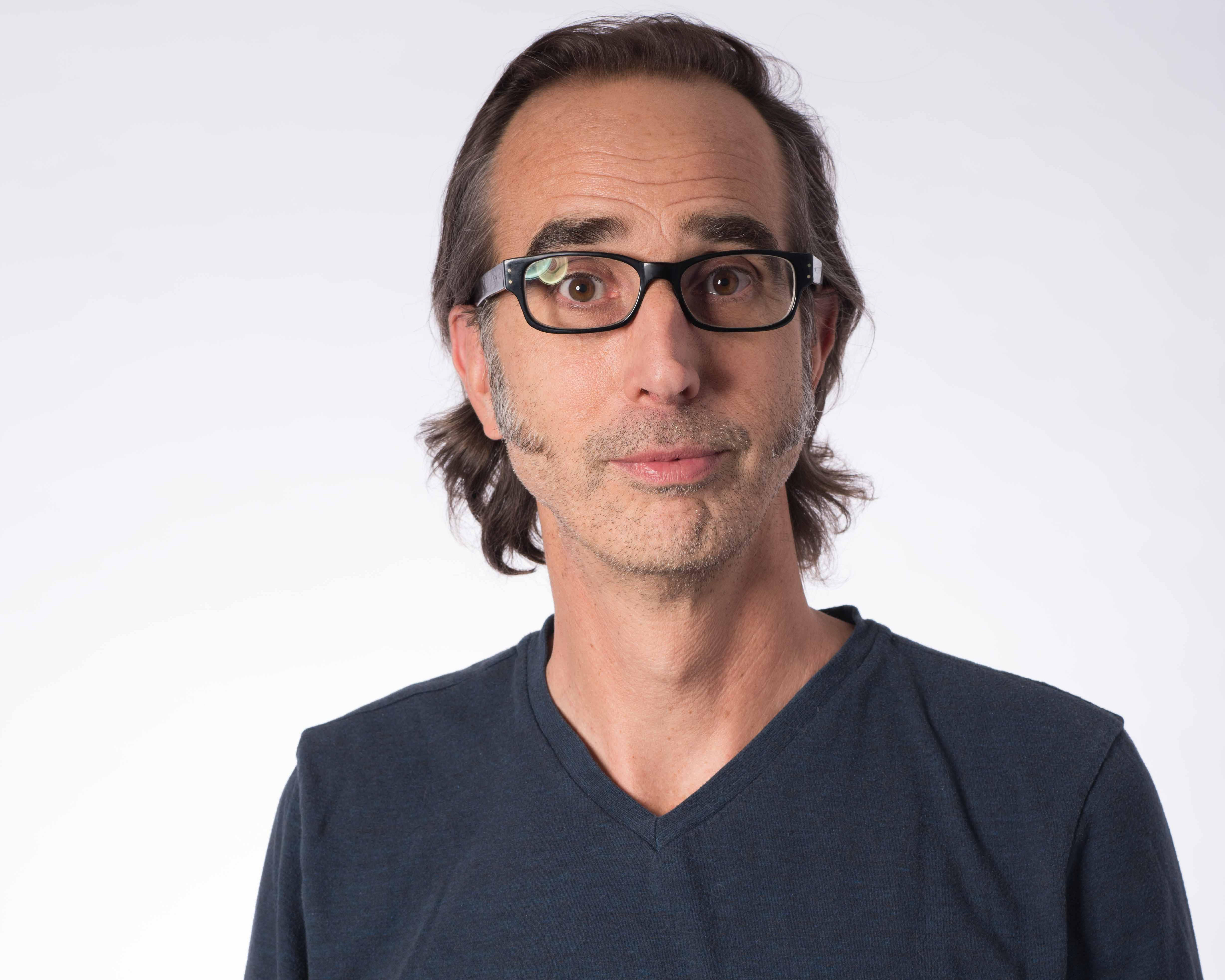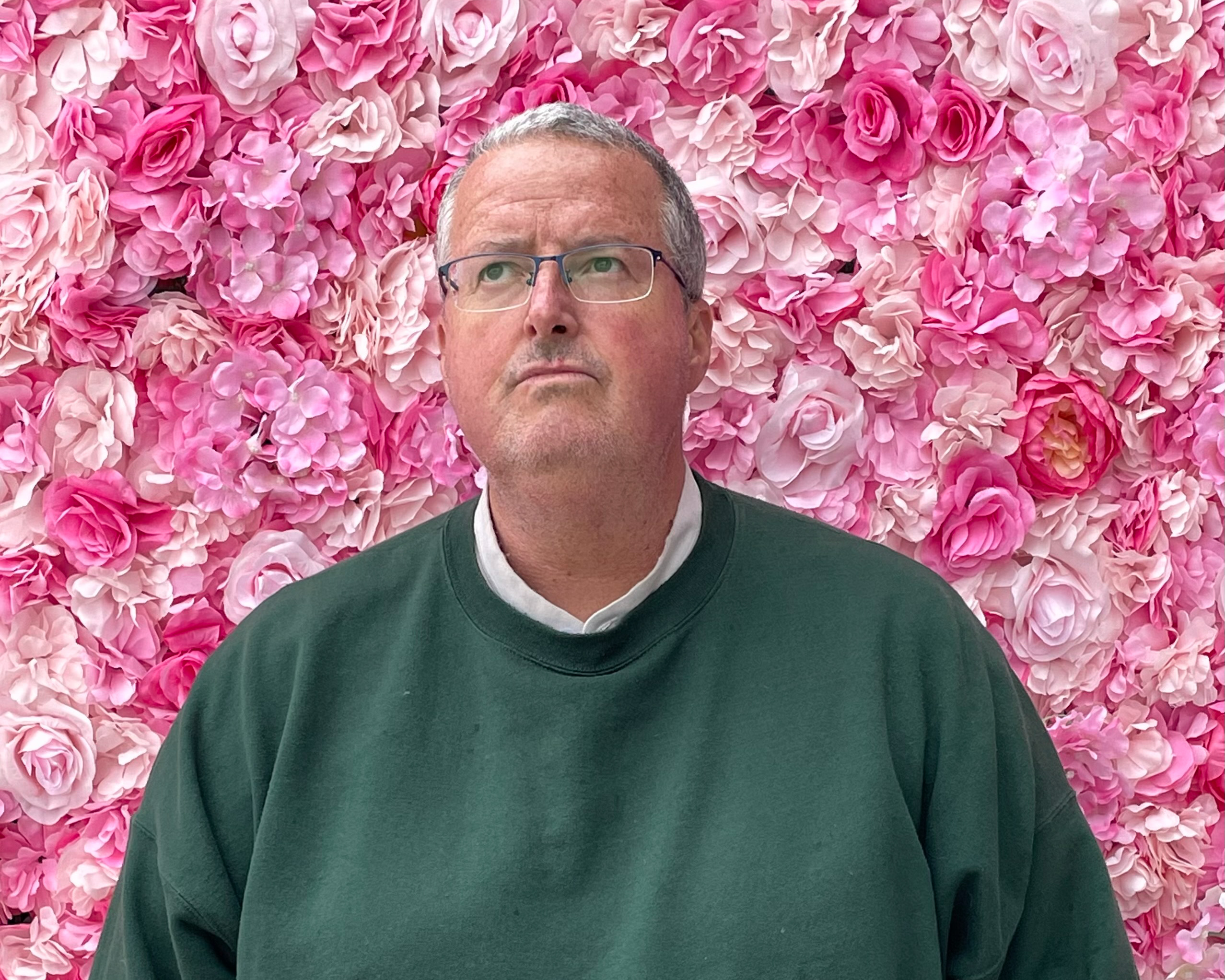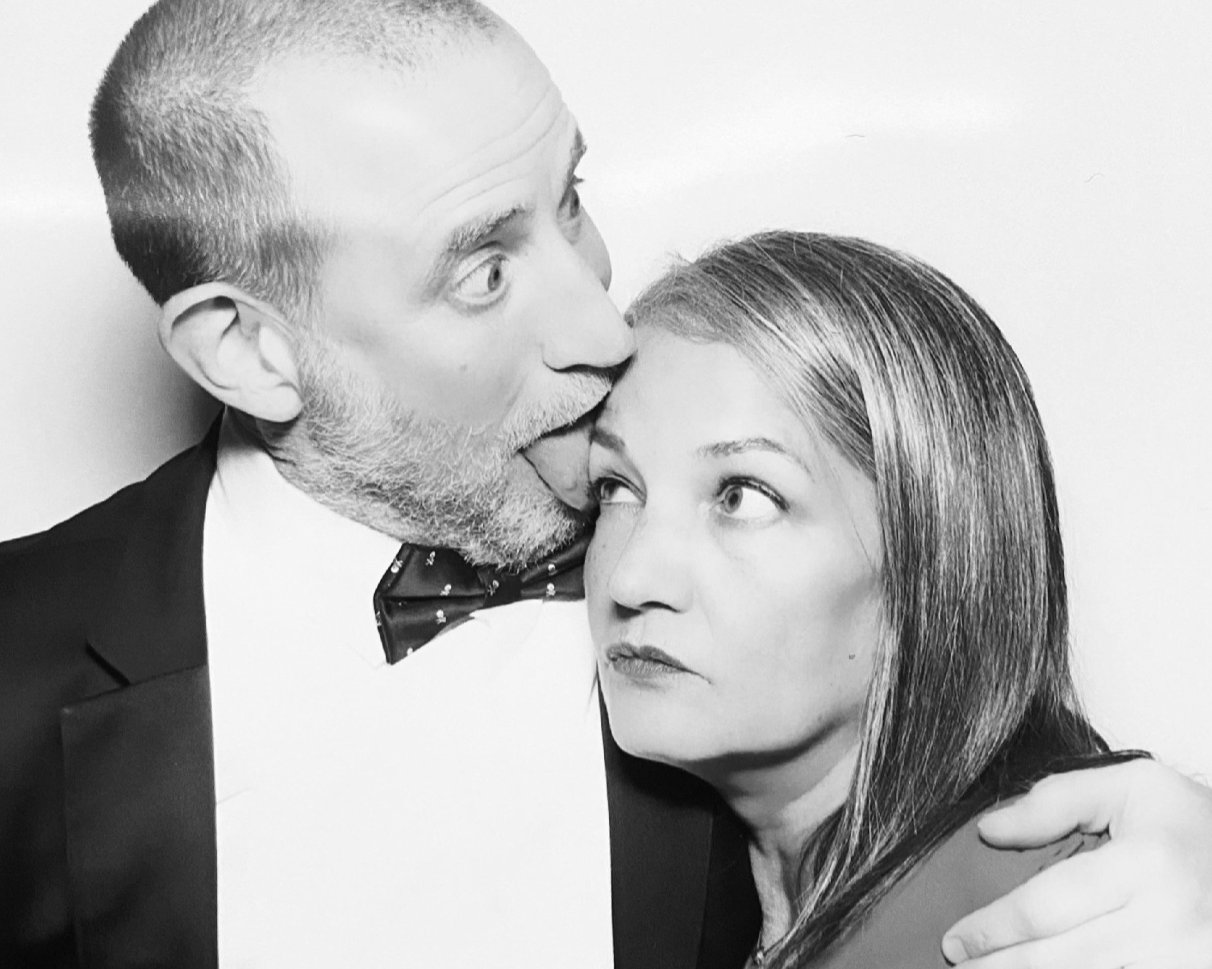Marty began his professional life as a high school English teacher at St. Barnabas in the Bronx. That’s where he learned that teaching people isn’t nearly as effective as getting them to discover things for themselves.
No doubt he put this lesson to good use himself as he embarked on an ad career at 28 in the direct mail department at Wunderman. After a year, he moved into general advertising, taking a job with the Marschalk Company (get ready for a history lesson), which later became Lowe Marschalk and finally Lowe & Partners/SMS. At the end of his 12 years there, he’d become known for his Mercedes work, which won virtually every industry award and also (perhaps even more importantly) helped triple sales.
In 1999, Marty became ECD and Partner at Merkley Newman Harty, then four years later, CCO of BBDO Chicago, where his overall pitch average was .750 - .800. He did two more stints as CCO, at Gotham In and LA’s Grupo Gallegos, before finally co-creating Positiv, an ad collective.
All the while, the teacher in him continued to help curious minds discover their vision and voices at ad schools, the 4A’s, and SUNY Stony Brook and Manhattanville. Through his interview below, he’s bound to help us all discover a few things, too.
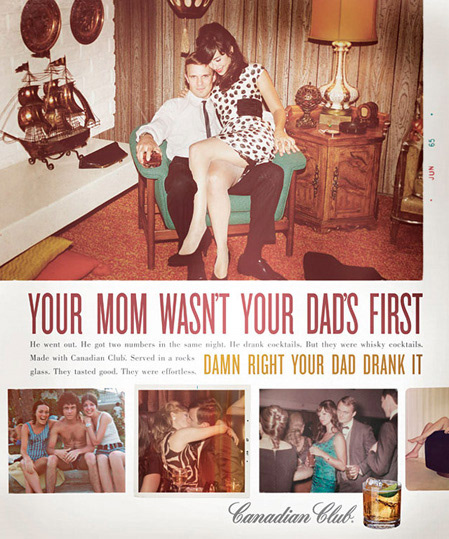
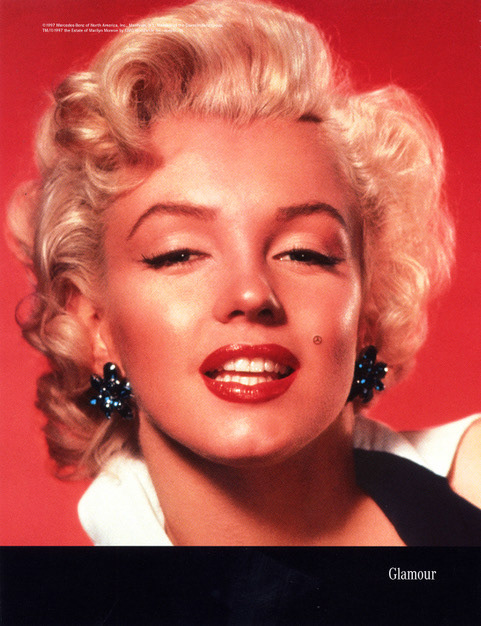
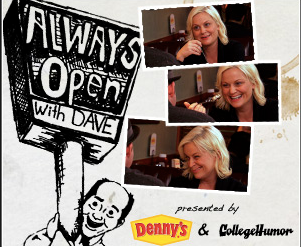

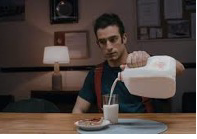
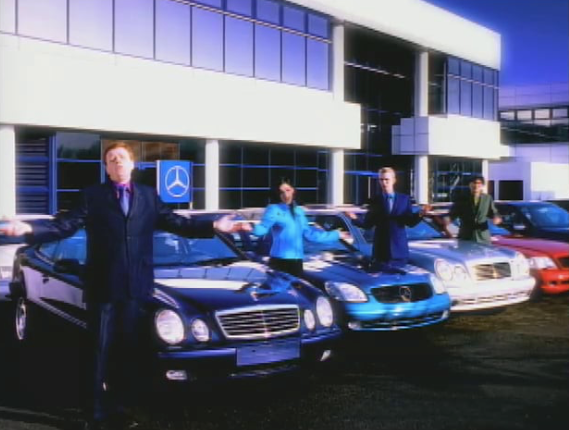
Is ageism in the industry something you thought about in your 30s? Your 40s?
Early on, I was not thinking about ageism, but I was very conscious of my age. Having already had a career as a high school English teacher in the Bronx, I was a late entry at the age of thirty. I suppose it was in my nature to want to work harder than the other juniors and catch up to those my age –– I had to get a move on. On top of that, I was never under the illusion that once I hit my peak, I would be able to sustain it forever. So how much time did I have? I do remember noticing that there were fewer 50-year olds than twenty-year olds. Maybe it was ageism –– I just saw it as the way things were and heard the clock ticking.
Is ageism something that’s affected you? What are some of the challenges you faced as a person who was getting older in the business? Do tell.
As I got older, technology created some challenges. There was, and still is, a sense that only young people are comfortable with technology, having grown up with it. But I never felt like it was a big deal, never believed that human beings had suddenly changed after Y2K. Yes, I had to understand people’s motivation and behavior with technology. I learned the banner sizes, too. I worked hard to understand those things, became tech savvy, but not tech obsessed. I always believed that it was all to be applied to something more fundamental, that ideas and my ability to think through a problem would provide me with the context for new media and research.
In recent years, clients contend with more agencies and more agendas. CFO’s want salaries to be cut, meaning more assignments, less time to deliver and less time for CDs to spend with the teams. Management demand open spaces, despite the fact that creative people need to hear themselves think and that open spaces don’t automatically lead to collaborative solutions. Holding companies see the future and the future is data. All these things have and will continue to make it more difficult to land an idea and execute the hell out of it. It’s not a creative culture. I can’t help but think that if it were, it would be less conducive to ageism.
"It’s not a creative culture. I can’t help but think that if it were, it would be less conducive to ageism."
Tell us about your own creative journey. What are your thoughts on where you are now, compared to your mindset when you were in the beginning of your career?
As I see it, I began my career as a teacher in the Bronx. For as long as I can remember my favorite quote has been, not from Bernbach or Clow or Weiden, but from Jean Piaget, the education and development psychologist. He wrote, “Every time you teach someone something you deprive him of the opportunity to discover it for himself.” For the copywriter in me, that meant the work should lead, motivate, nudge consumers to a better place; hitting them over the head doesn’t build much of a brand. For the manager in me, it meant, not merely giving a red light to bad ideas and a green light to good ones, but guiding creatives to discover a great idea. I admit it: having been a teacher enabled me to believe I could be a good creative director, as I genuinely loved to see a writer struggle and then surprise her or his self. I knew it was a gift.
My creative journey has made somewhat of a circle. These days I enjoy sharing what I’ve learned, and while it doesn’t concern grammar or fiction, it does concern the communication we know as advertising. I write every day and when asked, I teach or consult. We’ll see where that takes me and what I can discover, the creative journey being after all an adventure.
Did the reality of the ad industry contribute to the decisions you made/the path you’ve taken?
To begin with, our industry has never been good at preparing creative people to be creative directors. No one told me it was fundamentally a different job. Nobody mentioned that the skills that earn us the promotion are no longer the skills needed to succeed. One time, about half way through my career, a junior came out of her first presentation to the chief creative officer, stopped me in the hallway and grumbled, “How come they call them creative directors if they don’t direct creative.” True story. Point is, I never wanted someone to say that about me. Unfortunately, the reality of our industry is that those skills are rarely acknowledged.
I absolutely believe that older people, with their all their wisdom, should make the most successful teachers. I’m convinced that we have been distracted from what a lot of smart, experienced people can offer. But the reality is that CFOs and holding companies are obsessed with the short term –– the digital strategy, the latest innovation, the oceans of data and media channels. So, money being tight, CFO’s reason, ‘Why hire a geezer when we can get two bodies for the same salary?’ Consequently the benefits that come with older employees drop down on the list of priorities, perceived as soft values, a luxury from another era. Older people probably shouldn’t be seen hanging around reception when prospective clients are in.
It’s a good time for me to step aside.
"Our industry has never been good at preparing creative people to be creative directors...Nobody mentioned that the skills that earn us the promotion are no longer the skills needed to succeed."
What do you feel creative people over 50 can offer someone 20 years their junior, things that are unappreciated, or just plain overlooked?
People over 50 have seen more problems solved. We can learn from them that a company’s challenge is not unique to ad history. Pointing out similarities with other challenges, point us in a better direction. They can provide context and perspective, which assures the junior creatives that this sort of problem can in fact be solved. And having witnessed all sorts of executional solutions through history, they can direct others to execute something in a fresh and surprising way.
Also, creative people over 50 are more likely to know what’s important to people. Beyond the trends, they can see that a conversation on Facebook may not touch deeply enough. They can help us transcend the product benefits. They can point us in the direction of timeless truths and insights. It’s called wisdom.
Finally, a creative director over 50, a good creative who created his or her fair share of notable advertising and had a moment on the award stage, may be more likely to set aside his ego to give selfless direction to younger creatives.
What is your advice to people who are nearing or over 40 in the ad industry?
Know yourself. Look within. If necessary, see a good shrink. It’s useful to know where your creative development is heading, what gives you the most satisfaction and what you need to feel good about yourself. Believe it or not, success in advertising is not everything. There are more spiritual, timeless rewards than Lions.
How are you approaching the next 10 years? What does your future hold?
I’m not about to go all Thoreau and live in a shed in the woods, but I don’t want to come home from Target with stuff I don’t need. I want to simplify my life. I want to read more classics. I want fewer connections, less chit chat, less group think, no stupid meetings, more art. I cancelled my Adweek and subscribed to New York Review of Books.
What do you see as potential solutions for ageism in the industry? Any thoughts on possibly unionizing?
Unionizing is an interesting idea. But we can’t merely come up with ‘10 easy ways to eliminate ageism’ and expect to change things. We need to clarify how how the work, the culture and the bottom line would improve. Obviously, we should get creative directors on board. We could reason that while we know what is changing in the industry, we also value those timeless human truths that make great ads shine, and who better to help guide us toward them than older, wiser people? It might work.
In recent years, diversity has gained some traction, at least in business. And it’s fair to say we all accept that diversity makes an entire agency better. So why shouldn’t older people be part of how we evaluate that diversity?
"It’s fair to say we all accept that diversity makes an entire agency better. So why shouldn’t older people be part of how we evaluate that diversity?"
What are some positive things you’ve experienced as you’ve grown older in the business?
I have loved the night or two before a big presentation when everyone is so absolutely exhausted that we all cackle like kids over the silliest of jokes; I love when ideas and references and doodles are all over my office floor and, instead of feeling pressure, we talk around the problem in a way that seems like play; I love seeing work that has been perfectly crafted. Maybe it’s because there’s art as well as commerce, but our business attracts so many smart, good people.
Who do you look to for inspiration? Where do you find inspiration?
Books, music, films, walks, my wife. Right now, it’s the sound design of HBO’s Chernobyl, Kate Atkinson’s new book, Janet Malcolm’s essays and some punk tune I heard from a college radio station in Connecticut that didn’t identify the track.

